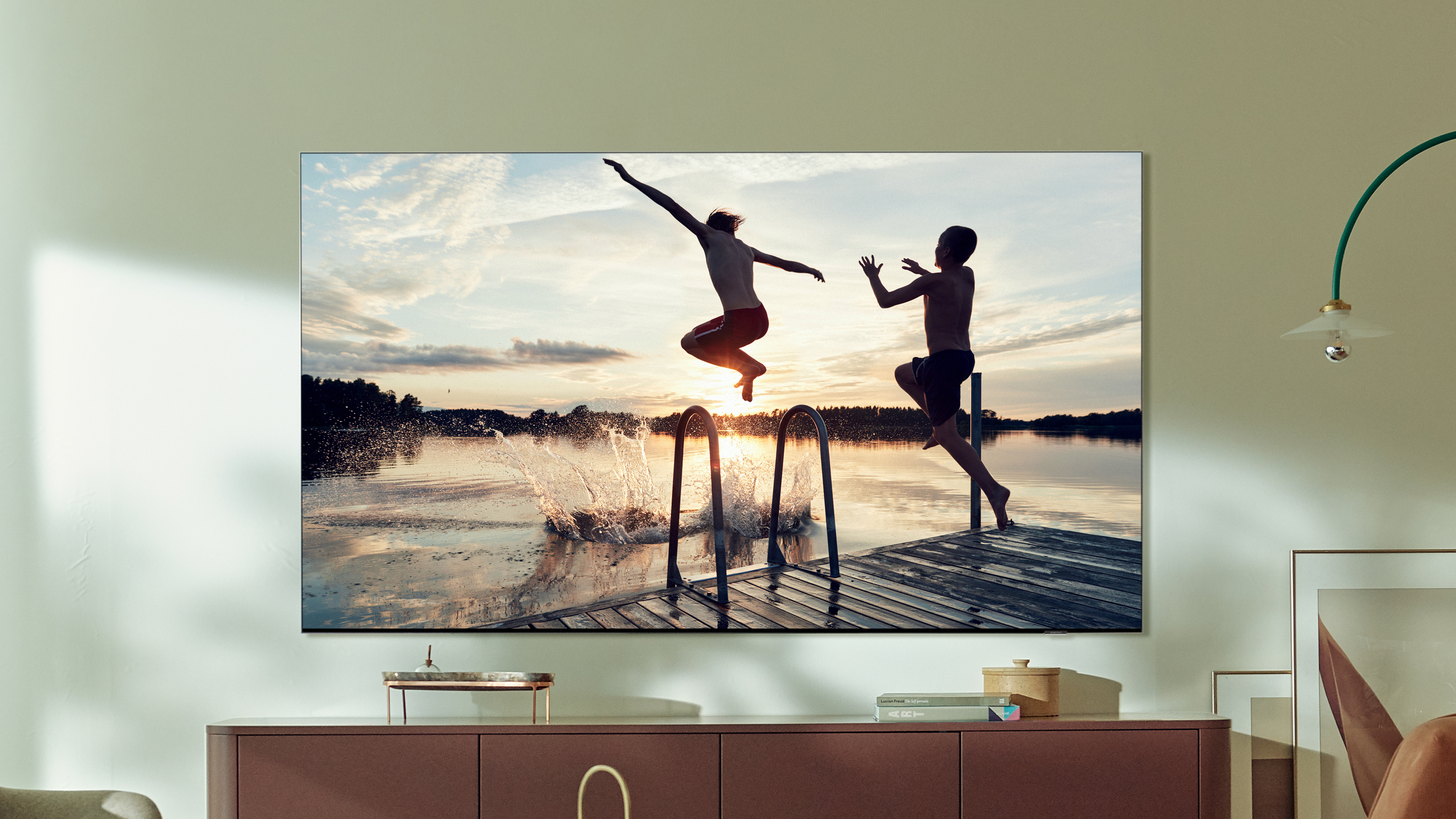5 things I wish I'd known before buying a mini-LED TV
Thinking about a mini-LED TV instead of an OLED TV? Here's what I wish I'd known


Get all the latest news, reviews, deals and buying guides on gorgeous tech, home and active products from the T3 experts
You are now subscribed
Your newsletter sign-up was successful
For a long time I've known a simple truth: the best TVs are OLED TVs. Except sometimes they're not, which is why I ended up changing my TV plans and buying a mini-LED TV instead.
The mini-LED TV I got was the Samsung QN94A, a very slight step down from the five-star Samsung QN95A, and I got mine for considerably less than a similarly sized, similarly specified OLED. And I love it: it's the best TV I've ever owned.
But if you're unsure whether one of the best OLED TVs or best mini-LED TVs is right for you, here are five things I've learnt about mini-LED panels that I wish I'd known before I took the plunge.
1. mini-LED isn't cheap, but it's cheaper than OLED
It's usually a safe bet that a new technology will also be an expensive technology. And that's true, but when I started looking at mini-LED TVs I was surprised by how quickly the prices had started to drop (and if you're not scared of refurbished models, you can get them even cheaper now that they've been out for a while). My Neo QLED TV was more pricey than a QLED, but I still wasn't going into OLED prices.
2. mini-LED TVs are brighter than the sun...
My mini-LED TV is so hilariously bright – it delivers nearly three times the peak brightness of a mid-range OLED – that when I first switched it on I laughed out loud and burst into flames. Once I turned down Samsung's overcooked picture presets – I watch in Movie Mode, a slightly more customised version of the Filmmaker mode you'll find in most modern TVs – it wasn't quite so eye-popping, but it does still feel like I ought to be wearing sunglasses when I watch some shows. I like to joke that the Mexican desert scenes in Better Call Saul gave me sunburn, but I'm only slightly joking.
3... but mini-LED TV contrast isn't brilliant
My mini-LED TV has a very wide colour gamut and very impressive local dimming compared to my previous TVs, but it isn't an OLED and that means its contrast just isn't as good as an OLED can deliver. I don't notice it a lot – the brightness tends to dominate in most shows and movies – but if your idea of a good television time involves watching something set almost entirely in dark and gloomy interiors you'll be very aware that you're not watching it on an OLED. I think this is probably the biggest compromise of going down the mini-LED route.
4. However, mini-LED TVs are brilliant for gaming
My PS5 and Xbox Series X games have never looked so good or played so well. Mini-LED is really quick with low lag and brilliantly bright visuals, so if I'm playing something cartoony like the Borderlands games it's all fantastically vivid fun; Far Cry games are pretty great too, and arcade games are an absolute joy. If you've got the smart lighting bug like I have, adding a Hue lightstrip and Play Sync box extends the colours beyond the TV for even more immersion.
Get all the latest news, reviews, deals and buying guides on gorgeous tech, home and active products from the T3 experts
5. And Samsung's mini-LED TVs are a bit shiny
This one isn't a big deal for me in the daytime – I live in Scotland so sunshine isn't a regular visitor to my windows – but my Samsung mini-LED TV is much more reflective than my previous Samsung QLED TV. At night I have to turn off any lights around or behind me unless I want to see them on the screen: for example I have a small reading spotlight next to my sofa and if I leave it on it creates a thin rainbow across most of the screen, so I have to sit in semi-darkness if I'm watching things with fairly dark scenes. It's not a deal-breaker for me – I like watching movies in the dark – but it does mean turning down the brightness of the TV so that the bright bits don't blast my retinas in an otherwise darkened room.

Writer, musician and broadcaster Carrie Marshall has been covering technology since 1998 and is particularly interested in how tech can help us live our best lives. Her CV is a who’s who of magazines, newspapers, websites and radio programmes ranging from T3, Techradar and MacFormat to the BBC, Sunday Post and People’s Friend. Carrie has written more than a dozen books, ghost-wrote two more and co-wrote seven more books and a Radio 2 documentary series; her memoir, Carrie Kills A Man, was shortlisted for the British Book Awards. When she’s not scribbling, Carrie is the singer in Glaswegian rock band Unquiet Mind (unquietmindmusic).